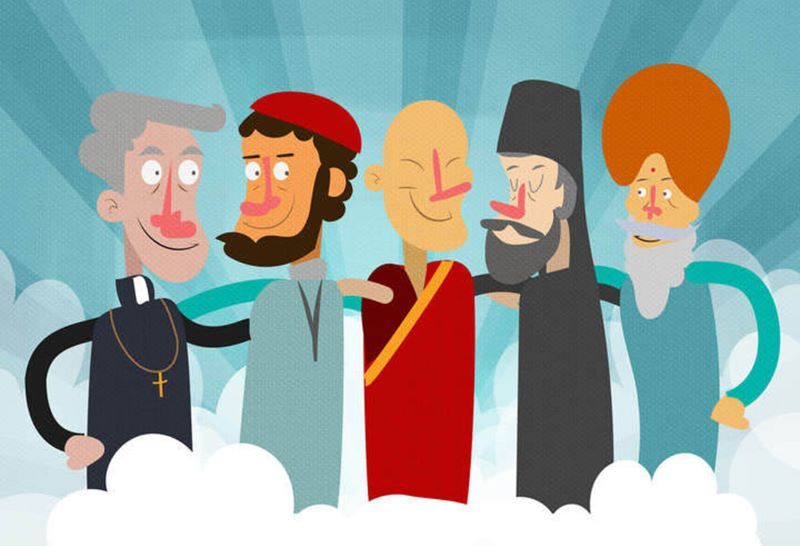Religious Diversity in Mexico, National Census and Religious Freedom
Explore the role of religion in shaping human culture and the importance of interreligious dialogue for peaceful coexistence. Learn about Mexico's religious landscape and the importance of religious freedom.





